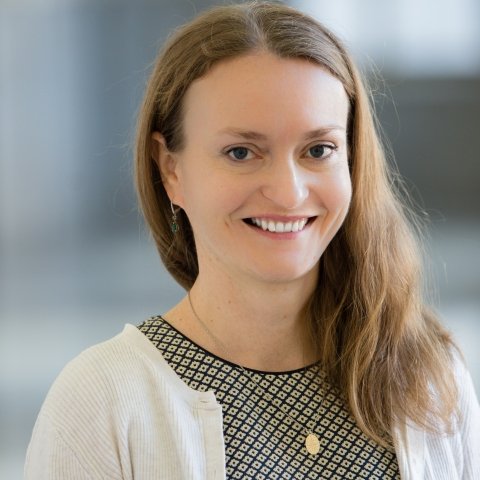Lidiya Zubytska
Guest Speaker
Professional Affiliation
Independent Researcher
Expert Bio
Lidiya Zubytska, a native of Lviv, Ukraine, focuses her research on domestic factors shaping foreign policy choices in states undergoing political transition. In particular, she studies how party politics, economic reforms and social movements impact foreign policymaking in transitional post-Soviet states. Lidiya co-authored publications on Russia’s foreign policy as well as on the role of regional organizations in the post-Soviet space. Her current research projects include oligarchic influences in the foreign policymaking of Ukraine and beyond. Lidiya holds a doctoral degree in political science from the University of Kansas, and an M.A. degree in International Peace Studies from the University of Notre Dame. Prior to her academic path in the US, Lidiya taught at the Ukrainian Catholic University and worked on the administrative reform in the Ukrainian government after the Orange revolution.
https://www.researchgate.net/profile/Lidiya_Zubytska
https://kansas.academia.edu/LidiyaZubytska
Wilson Center Project
Oligarchic Influences in the Current Foreign Policy of Ukraine
Project Summary
The case study traces how the changes in the Ukrainian leadership after the Euromaidan revolution led to the changes in their oligarchic connections. The new oligarchic interests influenced the corresponding foreign policy shifts that would accur. This research advances a new theoretical model to show how regime transitions impact political actors’ decision-making process and translate into a foreign policy choice. With a regime change, the transitional uncertainty in politics is different in type and degree from normal conditions. It shortens horizons for political actors to the point where seeking to stay in the office is not a major guiding principle of their behavior. Rather, political actors at the helm of the state are primarily concerned with securing their personal and political fortunes during and past their initial term. These actors resort to support from individuals and groups whose projected political influence is further-reaching than their own: political parties and politicized financial-industrial groups. The resulting political decisions, such as foreign policy ones, could be traceable to the interests of these groups.
Major Publications
“An Unending Quest for Russia’s Place in the World: The Discursive Co-evolution of the Study and Practice of International Relations in Russia” with Mariya Omelicheva. New Perspectives: Interdisciplinary Journal of Central and East European Politics and International Relations, vol. 24 (1): 19-53, 2016.
“Mothers as Soldiers: Beyond the Veil of Gendered War,” Mothers under Fire: Mothering in Conflict Areas. Eds. Tatjana Takleva and Arlene Sgoutas, Bradford: Demeter Press, 2015.
“Failures and Prospects of Regional Organizations: Lessons from the Post-Soviet Space and Beyond” with Mariya Omelicheva. The Whitehead Journal of Diplomacy and International Relations, vol. 13 (2): 87-101, 2012.
Insight & Analysis by Lidiya Zubytska
- Past event
- Democratic Transition
The Ukrainian Presidential Election: Outcomes and Expectations

- Publication
Russia Today: Political and Foreign Policy Implications of the Economic Crisis

- Publication
Defining National Identities: The Role of History Education in Russia and Ukraine


